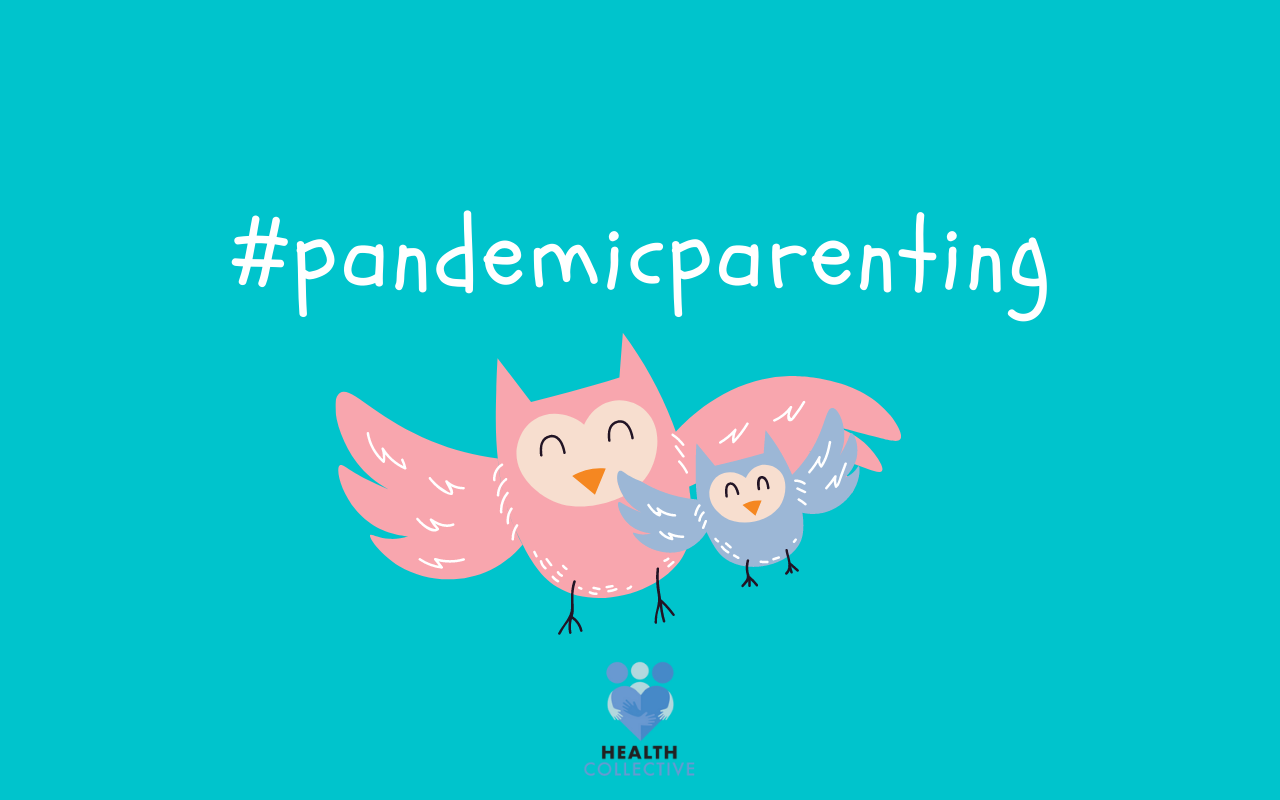Ask the Experts: Is Therapy for Everyone?
By Varkha Chulani
First of all let’s break the myth that only mentally ill people need therapy.
First of all let’s break the myth that only mentally ill people need therapy.
I’d love to illustrate this with an example of a gymnasium. If you notice, a gym is often made up of people who are not obese or overweight. These are the people who work out so that they can get fitter. They wish to have sculpted bodies, high BMI’s, experience the feel good hormones, and have more energy and mental alertness, besides the other benefits that accompany a healthy body!
Coming to therapy is something similar. One needs to consider therapy if one feels that one could do much better with their life. Where one recognises a gap between actuality, the way they currently live, and their potentiality, where they could possibly be. When one admits to himself/herself that one could lead a more fulfilling and a happier life, it is time to seek expertise. In a way, therapy can lead to self-actualisation.
However, lets look at the more common reasons when people seek help.
More often than not people come to a therapist when they are in trouble. When they face crisis, are unable to cope with life challenges, encounter difficult people to live or work with it, are not able to manage their children or their careers.
Reasons can abound.
One doesn’t need any yardstick to decide when one needs professional intervention. When a person feels obstructed and unable, it can be reason enough.
When our intelligence and experience of life fails us, it is time to reach out.
But one had better pay very careful attention to seek qualified and accredited clinical help. From clinical psychologists who will help diagnose any hidden personality conditions that may be the culprit in our inabilities. Yes, you read right. Unwittingly, inability to handle day-to-day challenges can often be co-related with personality conditions that often go undiagnosed.
After being assessed by a clinician the next step is to seek a qualified psychotherapist. The task is to assist in overcoming attitudinal blocks so that we can release ourselves from self-imposed shackles.
A caveat: Not all clinical psychologists are psychotherapists. Most therapists ought to be clinicians first before they venture on to become a therapist, but usually, that is not the case. A coach — life or relationship, or whatever they choose to call themselves — are NOT trained clinicians or therapists. Beware of them!
The good news is that if you believe you want to achieve a lot more than you currently are in your personal, professional or social life, therapy ought to be sought. The aim is to bridge the gap between where you are and where you want to go!
Varkha Chulani is a clinical psychologist and psychotherapist at Lilavati Hospital in Mumbai. She is an associate fellow and supervisor at The Albert Ellis Institute, New York City.
A friend of The Health Collective, she writes a monthly column — you can find her piece on the need to build pockets of stillness into our lives here and her column on Understanding Anxiety Disorders here.







Pingback: Choose Your Words Wisely: On Melancholy and Sadness